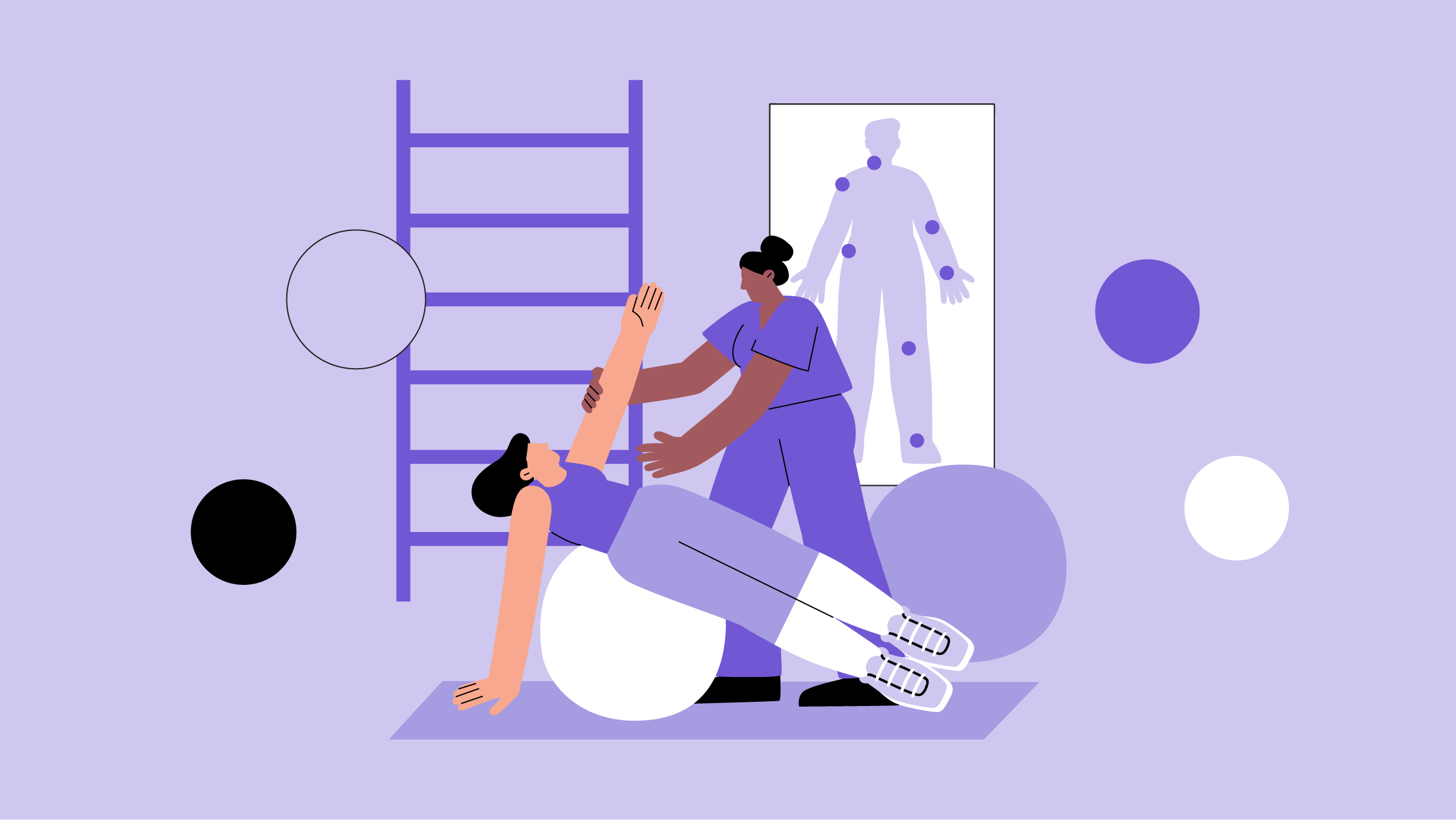What should I tell my care team before I take this medication?
They need to know if you have any of these conditions:
- Bone, joint, or tendon problems
- Diabetes
- Heart disease
- History of irregular heartbeat or rhythm
- Low levels of potassium in the blood
- Kidney disease
- Liver disease
- Myasthenia gravis
- Seizures
- Tingling of the fingers or toes or other nerve disorder
- An unusual or allergic reaction to levofloxacin, other medications, foods, dyes, or preservatives
- Pregnant or trying to get pregnant
- Breastfeeding
What may interact with this medication?
Do not take this medication with any of the following:
- Cisapride
- Dronedarone
- Pimozide
- Thioridazine
This medication may also interact with the following:
- Certain medications for diabetes, such as glipizide, glyburide, or insulin
- Certain medications that treat or prevent blood clots, such as warfarin
- Estrogen or progestin hormones
- NSAIDS, medications for pain and inflammation, such as ibuprofen or naproxen
- Other medications that cause heart rhythm changes, such as dofetilide, ziprasidone
- Steroid medications, such as prednisone or cortisone
- Theophylline
This list may not describe all possible interactions. Give your health care provider a list of all the medicines, herbs, non-prescription drugs, or dietary supplements you use. Also tell them if you smoke, drink alcohol, or use illegal drugs. Some items may interact with your medicine.
What should I watch for while using this medication?
Visit your care team for regular checks on your progress. Tell your care team if your symptoms do not start to get better or if they get worse.
This medication may affect your coordination, reaction time, or judgment. Do not drive or operate machinery until you know how this medication affects you. Sit up or stand slowly to reduce the risk of dizzy or fainting spells. Drinking alcohol with this medication can increase the risk of these side effects.
Do not treat diarrhea with over the counter products. Contact your care team if you have diarrhea that lasts more than 2 days or if it is severe and watery.
This medication can make you more sensitive to the sun. Keep out of the sun. If you cannot avoid being in the sun, wear protective clothing and sunscreen. Do not use sun lamps, tanning beds, or tanning booths.
This medication may cause tendon problems. Tendons are the cords of tissue that connect your muscles to your bones. Tell your care team right away if you have pain, swelling, or stiffness while you are taking this medication or after you have stopped treatment. The risk is higher in people older than 60 years of age, those taking steroid medications, and those who have had a kidney, heart, or lung transplant.
This medication may worsen muscle weakness in people with myasthenia gravis. This can cause breathing problems. Call your care team right away if you have myasthenia gravis and have worsening symptoms while taking this medication.
This medication may cause serious skin reactions. They can happen weeks to months after starting the medication. Contact your care team right away if you notice fevers or flu-like symptoms with a rash. The rash may be red or purple and then turn into blisters or peeling of the skin. You may also notice a red rash with swelling of the face, lips, or lymph nodes in your neck or under your arms.
Tell your care team if you are taking medications to treat diabetes. This medication may cause changes to blood sugar levels. Talk to your care team about how often to check your blood sugar while taking this medication. Know the symptoms of low blood sugar and how to treat it.
What are the most serious risks of this medication?
This medicine may cause tendon problems or injuries, such as pain, tears, or swelling.
This medicine may worsen muscle weakness, including the ability to breathe, in people with myasthenia gravis. If you have ever had myasthenia gravis, call your healthcare provider before taking this medicine and immediately if you experience muscle weakness or trouble breathing during your treatment.
This medicine can cause nerve damage. The nerve damage could be mild or severe. It might go away when you stop treatment, but some people will always have nerve damage.
This medicine can cause serious mental health problems. Patients of all ages and their families should watch for changes, especially sudden changes in mood, behaviors, thoughts, or feelings. Some symptoms to watch for are depression, thoughts of suicide, aggressive behavior, wanting to hurt others, hostility, anger, anxiety, irritability, being suspicious or distrustful, or any unusual or extreme changes in behavior or mood. Call your healthcare provider right away for new or worsening mental problems. Call your healthcare provider as needed, especially if you are worried about symptoms.
This medication may affect the brain and nervous system. Talk to your care team right away if you have confusion, dizziness, tremors, trouble speaking, weakness, or pain, tingling, or numbness in the hands or feet. Some side effects can be severe. Call emergency services if you have seizures or trouble staying awake.








